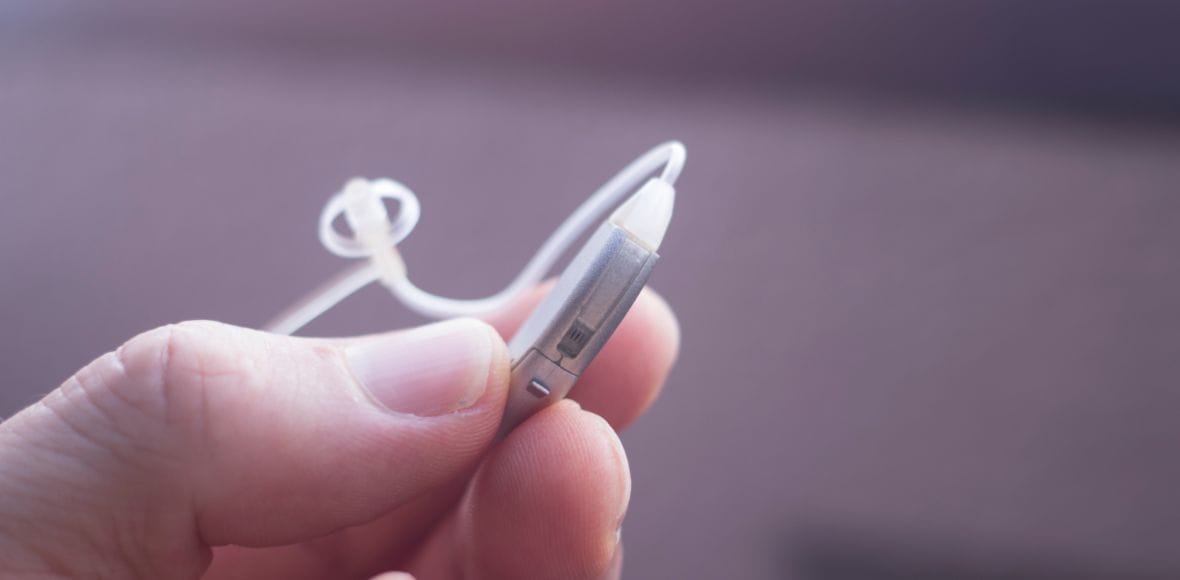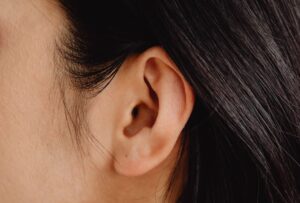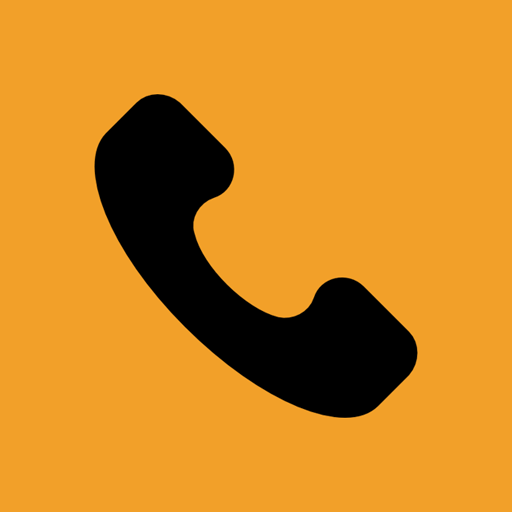One of the main benefits of hearing aids is that your social interactions will improve. Long gone are the days of straining to hear your conversation partner especially in noisy situations, as modern hearing aids are smart devices which identifies and amplifies speech, making hearing loss easier to manage.
Due to a wish to help and change the lives of the hearing impaired, Amar graduated from Islamic International University (Malaysia) with a Bachelor of Audiology and started his career as an audiologist. Throughout his working experience, Amar has met people from different walks of lives with challenging hearing situations; and he helps them with the utmost passion believing that everyone deserves to hear better.
He is often asked:
“What is a hearing aid? How does the hearing aid help with my hearing?”
A hearing aid is an amplification device that helps people with hearing loss to hear better even in complex surroundings. It is a small electronic device that you wear in or behind your ear. The hearing aid consists of three main basic components: a microphone, amplifier and a receiver/speaker. Hearing aid receives sound from the microphone, processes and increases the power of signal via amplifier, and deliver them to the ear through a receiver/speaker.
Signia has over 140 years of illustrious history, starting back in 1878 when Werner von Siemens first built a telephone with a horseshoe magnet , considerably improving the device’s voice quality. This leads to the discovery that the hard of hearing could understand the person they are talking to much better if voice signals are amplified through electrical means.
Watch our short video below to find out more!
One of the main benefits of hearing aids is that your social interactions will improve. Long gone are the days of straining to hear your conversation partner especially in noisy situations, as modern hearing aids are smart devices which identifies and amplifies speech, making hearing loss easier to manage.
Something that I would always remember is one of my first patient fitting! The patient said to me: “Wearing a hearing aid is like having a superpower. You can hear every single sound!”
It was an amusing sentiment, but a hearing aid is not like a superpower. A hearing aid helps to manage your hearing loss and helps you hear the world around you clearly again. It does not provide you any additional powers such as hearing over long distances, but I guess for someone whom had been suffering from hearing loss, being able to hear every single sound again must seem quite miraculous and almost like a superpower!
This is often followed by the question:
“Do hearing aids needs battery replacement? How frequent do I have to change my battery and how do I know when I should change it?”
This is a very frequent question I get from hearing aid wearers. There was even a case where an elderly wearer was very worried that his hearing aids were broken, only to realize that they were simply out of battery!
Unless you are using a rechargeable hearing aid, most hearing aid models will require battery replacement. Different hearing aid models will have different battery sizes and average use times. Generally, battery replacement is needed every three to ten days depending on your level of usage. Learn more about what is powering your hearing aids.
Worried about not knowing when to replace the battery?
Fret not, you will hear a music signal through your hearing aids when the battery is low. Your hearing care professional will explain in detail how to identify the low battery indication signal as well as show you how to change the battery!
This is why you should always arrange a hearing assessment and consultation with your local hearing care professional prior to getting a hearing aid. If you are unsure, always make sure to give your hearing care professional a call to ask!
If you feel that you are having problems with your hearing and would like to find out more, you can use our handy Store Locator to find your nearest hearing care professional!’, ‘Ask An Audiologist: What is a hearing aid? How does the hearing aid help with my hearing?








